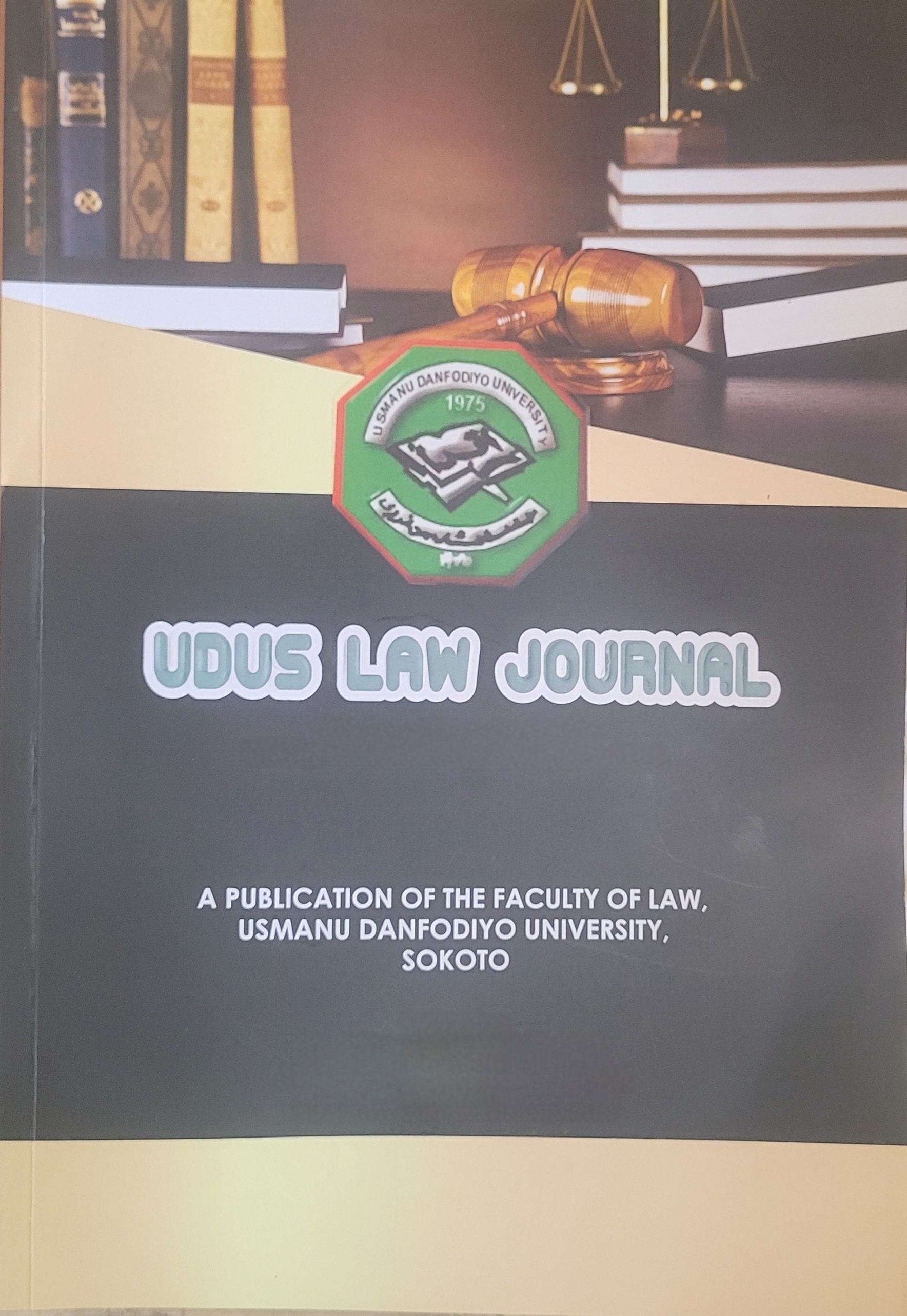Abstract
The Court has been and still is the traditional means of dispute resolution in present-day Nigeria. However, the resolution of disputes by litigation in Court is filled with uncertainty and anxiety as no party can be confident about the outcome of the matter until the end of the litigation process which could last for several years. More so, with litigation, there is little or no confidentiality while existing relationships are destroyed or totally killed. Why then should parties litigate when they can arbitrate? Litigation is basically service-based, and as such, there is every need to ensure that the end-user of litigation, who basically is the common man, gets value, satisfaction and indeed justice at the end of his case. Value in this respect, goes beyond winning a case but extends to getting justice as fast as possible because justice delayed is justice denied. It is also said justice with high speed is justice denied. This paper therefore generally discussed laws governing Arbitration in Nigeria with special focus on various tools that conflict can be resolved its strength and advantage over litigation; which if properly employed by stakeholders within the Nigerian Justice system, possesses the ability to reduce court congestion, eradicate the problems of delay, and restore back the hopes of the common man in the Nigerian Justice system. This paper adopted doctrinal research methodology in an effort to apply the practice of alternative dispute resolution in Nigeria, observed the challenges confronting the formal legal system practiced in Nigeria, recommended that customary arbitration and forms of ADR should be encouraged to compliment the legal system and provide viable resolution channel for the people, conclusion the ADR provides an appropriate framework for resolving disputes and so, is wider acceptable and preferred method of resolving disputes in Nigeria and across the globe.



 National Library of Nigeria
National Library of Nigeria.jpg) Association of Nigerian Authors
Association of Nigerian Authors Nigerian Library Association
Nigerian Library Association EagleScan
EagleScan Crossref
Crossref